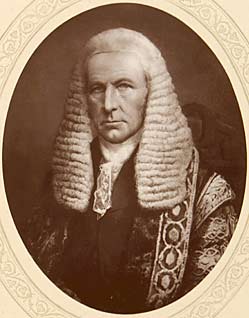Life
He graduated at the University of Cambridge in 1803. He became Master of St John's College, Cambridge, Public Orator (1809–1839), and Vice-Chancellor(1839–1840). He was also Rector (1816–1857) of Colkirk, Norfolk. [1]

The University of Cambridge is a collegiate public research university in Cambridge, United Kingdom. Founded in 1209 and granted a Royal Charter by King Henry III in 1231, Cambridge is the second-oldest university in the English-speaking world and the world's fourth-oldest surviving university. The university grew out of an association of scholars who left the University of Oxford after a dispute with the townspeople. The two 'ancient universities' share many common features and are often referred to jointly as 'Oxbridge'. The history and influence of the University of Cambridge has made it one of the most prestigious universities in the world.

St John's College is a constituent college of the University of Cambridge. The college was founded by Lady Margaret Beaufort. In constitutional terms, the college is a charitable corporation established by a charter dated 9 April 1511. The aims of the college, as specified by its statutes, are the promotion of education, religion, learning and research.

Colkirk is a village situated about two miles south of Fakenham in the county of Norfolk, England. Dating from at least the time of the Domesday Book. The village including Oxwick, Pattesley and South Raynham currently (2011) has 588 inhabitants living in 266 dwellings. The village has a church,, in the north west corner of the village, a Village Hall, a church pond, a Camping Land. There is also a thriving village school for students from the age of four to eleven, a lively village Pub called "The Crown" and a playing field for soccer, cricket, rounders and school sports days.








